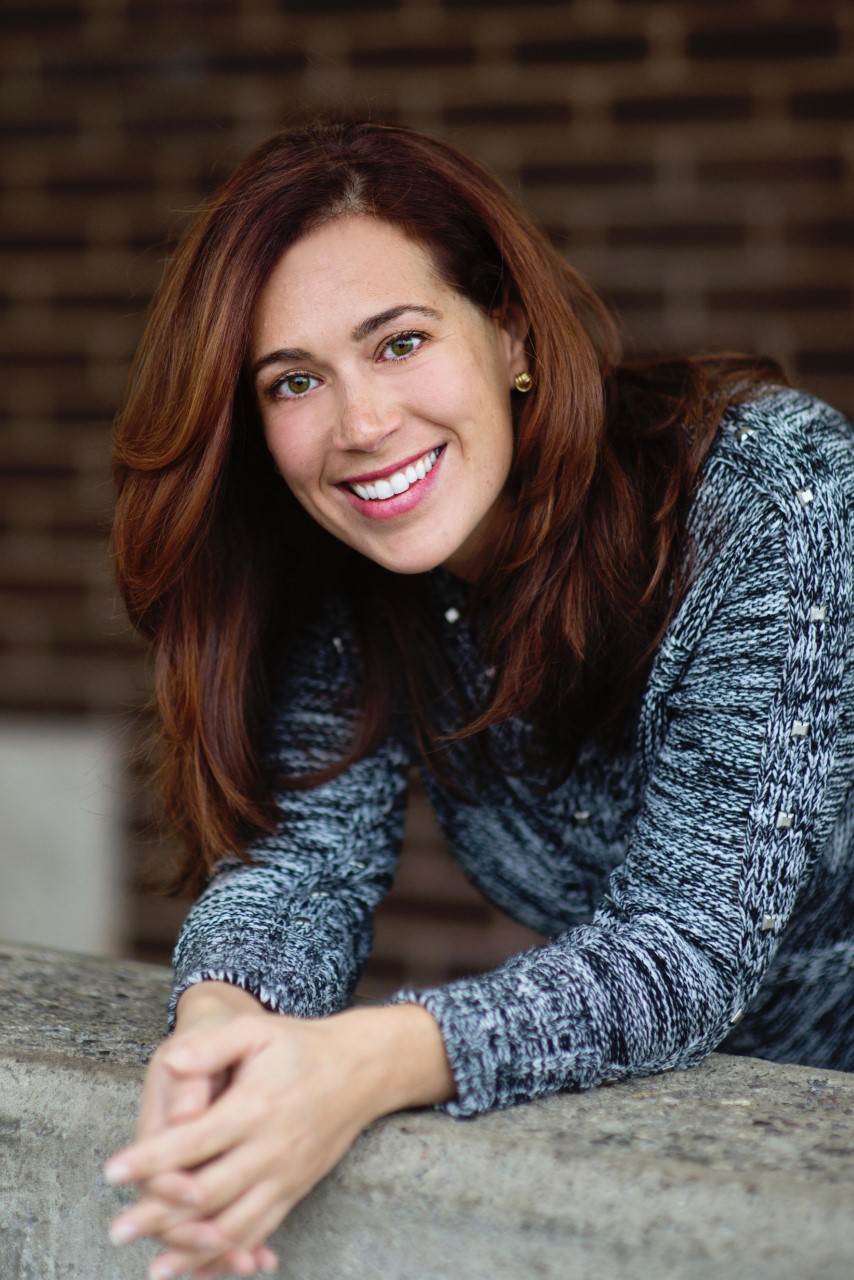I represent authors who do both traditional publishing and self-publishing, and most of them are looking to move into traditional publishing because the pace and demand of a successful self-publishing platform takes its toll after a while. But, some authors thrive on it! It’s a personal decision based on the goals and needs of each author.
Natalie Lakosil has been a literary agent for over 10 years. Now with the Bradford Literary Agency, we catch up with her to talk about what she looks for in a query, what to expect when you sign on with a traditional publisher and when you should begin querying your book.
Please give us a brief overview of yourself and your literary agency.
I am a literary agent at Bradford Literary Agency, a boutique agency located in sunny San Diego, California. Founded in 2001, it is an editorial-focused agency that prefers to work closely with its authors in helping to build strong, sustainable careers. I have been an agent since 2009, specializing in all ages (PB, chapter book, MG, YA) of children’s literature (fiction and nonfiction), adult cozy mystery/crime, female-driven thrillers, and upmarket women’s/general fiction. I also represent illustrators and select adult nonfiction.
What made you want to become a literary agent?
Actually, writing! I started writing “novels” when I was twelve, and my mom bought me (this was pre-internet, mind you!) Jeff Herman’s Guide to Book Publishers, Editors and Literary Agents. When I learned that “literary agent” was a profession…I wanted IN! I stopped writing when I became an agent; I fell in love with the business, managerial and editorial side and will never look back!
First up, the question all writers want to know, what makes a manuscript/author stand out?
A well-crafted and coherent query goes a long way – as does a personal connection. Referencing meeting me/seeing me speak at a conference, a recent blog post, or even following me on Twitter tells me you’ve done your homework and are submitting to me for a reason, not just as an agent on a list. And doing that homework is so important, because so many submissions I receive aren’t things I’m passionate about. Sending a project that hits my hot buttons will always make me sit up. (I keep my MSWL updated!)
Is having an established author platform (and a following) an important factor in taking on an author?
For fiction, no, for nonfiction, it might. The adult nonfiction I represent is platform-driven (and platform is more than social media following; it’s connections and authority in the field!), but children’s nonfiction doesn’t have to be, it can be research-based.
When, in the writing process, should authors start querying agents?
When you’ve taken your manuscript as far as you can! Meaning, you’ve edited it, your critique partners have edited it, you’ve re-edited it….it’s ok if it’s not perfect; I don’t expect that. But I do expect and author to get a number of fresh eyes and put it through the wringer first!
Many authors are now turning to self-publishing. Why should an author still hire an agent?
I love this question: why do I need an agent? The answer is: you don’t! If your goal is just to be published, there are many opportunities, even outside of self-publishing, to land a book deal on your own. However, if your goal is to build a sustainable career, you need an agent. I mentioned the biggest hats I wear above: business, managerial and editorial. This includes negotiating the book contract and advances, help with developmental editing, strategizing for success (what happens if my book doesn’t sell well? What happens if the market I write in crashes? What if I want to write in multiple areas?), marketing advice, royalty statement checking, selling of subsidiary rights (film, audio, translation, merchandise) general navigation of the entire publishing world. Self-publishing can be exhausting, and at the end of the day, distribution is still limited. Access to larger houses with sales forces can boost your book’s visibility and sales, particularly in print. I represent authors who do both traditional publishing and self-publishing, and most of them are looking to move into traditional publishing because the pace and demand of a successful self-publishing platform takes its toll after a while. But, some authors thrive on it! It’s a personal decision based on the goals and needs of each author.
When you sign an author with a traditional publisher what should they expect in terms of marketing their work?
The primary constant you can expect is the creation of advance copies (not always in print!) to send out for review and early buzz. You can (generally) expect that they are pitching it to sales channels (bookstores, airports, Target, Walmart, etc). Past that, every campaign is different, and the level of activity does differ depending on the author or title. I try and get in front of this early with my clients and work with them to generate a marketing plan to supplement the publisher’s efforts.
The publishing industry continues to change rapidly. What trends excite you?
I’ve been excited by the books we’re seeing emerge in response to the political climate, environment, and pop culture; while certain movements are “trends,” the thoughtful books they inspire that will spark important conversations with young readers are evergreen and important. I’ve also loved seeing creators and books step up to the plate of technology; from read-along audio paired with children’s books to non-linear story adaptation apps, there are more and more exciting ways to build an audience and reach readers by exploiting rights.
Are there any particular characteristics or habits that you believe help to make an author successful?
I call these the “P’s of Publishing”; perseverance, patience, practice, passion…
What advice do you have for authors seeking representation?
Don’t give up. Ever.
You can find out more about Natalie via her website and on Twitter. For more details on submissions head to Manuscript Wishlist.









